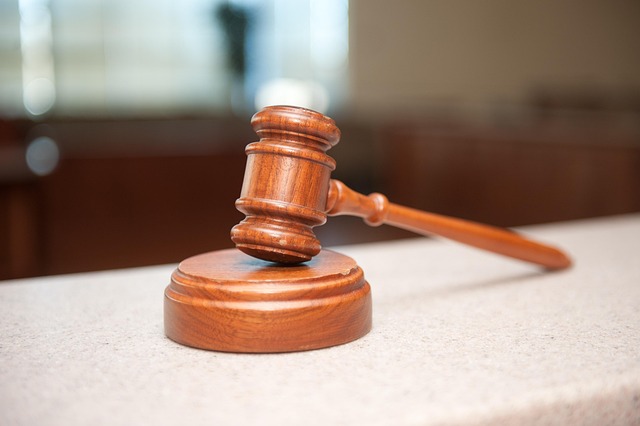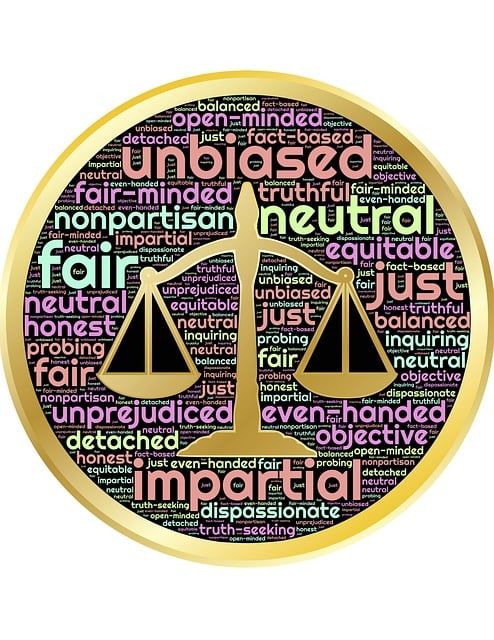Whistleblower Protection Laws (WPLs) are essential legal safeguards for employees reporting corporate misconduct and labor law violations, with significant consequences for ignoring such issues. These laws protect whistleblowers from retaliation, enabling them to disclose information, testify, or refuse to participate in unethical practices. By promoting transparency and accountability, WPLs incentivize citizens to expose white-collar crimes, ultimately benefiting communities. Understanding these protections is vital for employees facing labor violations, as ignoring them can lead to severe legal risks, operational instability, and reputational damage for employers. Recognizing non-compliance signs and reporting significant violations are key steps in preventing personal harm and legal consequences. A strategic legal approach with thorough documentation is crucial for successful whistleblower lawsuits, holding corporations accountable and fostering safer workplaces.
“Uncovering wrongdoings within an organization can be a challenging yet crucial task for employees. Whistleblower protection lawsuits play a pivotal role in safeguarding workers who expose illegal activities, including labor law violations. This article guides you through the intricate world of whistleblower rights and legal protections.
We explore key aspects such as understanding the legal framework, recognizing violations, and navigating the complex process of filing a lawsuit. Additionally, real-world case studies highlight successful whistleblower actions and their profound impact on holding employers accountable for the consequences of ignoring labor law violations.”
- Understanding Whistleblower Protection Laws: A Legal Framework for Employees
- The Impact of Ignoring Labor Law Violations: Potential Consequences for Employers
- When to Blow the Whistle: Recognizing Violations Worth Reporting
- Navigating the Legal Process: Filing a Whistleblower Protection Lawsuit
- Case Studies: Successful Whistleblower Actions and Their Outcomes
Understanding Whistleblower Protection Laws: A Legal Framework for Employees

Whistleblower Protection Laws (WPLs) serve as a crucial legal framework designed to safeguard employees who expose illegal or unethical activities within their organizations. These laws recognize that individuals who speak up against corporate misconduct, white-collar and economic crimes, often face significant personal consequences. By implementing WPLs, governments aim to foster a culture of transparency and accountability while encouraging the participation of citizens in matters of public interest.
Understanding these legal protections is vital for employees considering their options when faced with labor law violations. When an employee reports wrongdoing, they may be protected from retaliation, such as termination or demotion. This protection extends to various actions, including disclosing information to relevant authorities, testifying in legal proceedings, or refusing to participate in activities that violate ethical standards. The laws also ensure that whistleblowers can access remedies for any adverse employment decisions made due to their disclosures, fostering a sense of security within the legal framework and encouraging individuals to come forward without fear of reprisal from their employers or the companies they represent, which ultimately benefits philanthropic and political communities.
The Impact of Ignoring Labor Law Violations: Potential Consequences for Employers

When employers overlook or fail to address labor law violations, they risk significant consequences that extend far beyond mere financial penalties. These omissions can lead to a cascade of negative impacts, particularly in high-stakes cases involving white-collar defense strategies. The direct effects include increased legal liabilities, as affected employees may file whistleblower protection lawsuits, seeking damages and compensatory remedies. This can result in substantial financial burdens for the respective business, with legal costs escalating quickly.
Moreover, ignoring labor law violations can damage an organization’s reputation, erode public trust, and disrupt its operational stability. Employees who perceive a lack of enforcement of their rights may become demotivated, leading to increased turnover rates and potential knowledge gaps within the workforce. Such lapses in compliance also expose companies to ongoing regulatory scrutiny, increasing the chances of future legal issues and further complicating their business strategies.
When to Blow the Whistle: Recognizing Violations Worth Reporting

When to blow the whistle? It’s a crucial question for employees facing potential violations of labor laws. Recognizing the signs of non-compliance is key; workers must be vigilant in spotting unfair practices, from wage theft and discrimination to health and safety hazards. Ignoring these issues can have severe consequences of ignoring labor law violations, potentially leading to not only personal harm but also legal repercussions for the respective business.
Employees should consider reporting violations that significantly impact their well-being or that of their colleagues, especially when management is unresponsive to legitimate concerns. The stakes are high: facing down a whistleblower lawsuit can be a game changer, with potential verdicts that win challenging defense strategies and even avoid indictment in severe cases.
Navigating the Legal Process: Filing a Whistleblower Protection Lawsuit

Navigating the legal process to file a whistleblower protection lawsuit requires careful consideration and expertise. When an individual exposes illegal activities within their organization, they become vulnerable to various risks, including potential retaliation from employers. Understanding the intricacies of labor law is paramount to ensuring the rights of whistleblowers are protected. Ignoring labor law violations can have severe consequences for both employees and the company, leading to legal repercussions and damage to public trust.
The process begins with thoroughly documenting evidence of the violation and consulting a specialized attorney who focuses on white-collar defense or general criminal defense. A strategic approach is essential to build a compelling case that complies with the specific requirements of whistleblower protection laws. This proactive measure can safeguard both the individual’s well-being and their ability to make a positive impact by bringing wrongdoings to light.
Case Studies: Successful Whistleblower Actions and Their Outcomes

Whistleblower protection lawsuits have been instrumental in holding corporations and individuals accountable for labor law violations. Case studies illustrate the significant impact of successful whistleblower actions, which often lead to substantial monetary damages and other remedies. For instance, a former employee who exposes a company’s discriminatory hiring practices may secure not only back pay but also punitive damages and injunctive relief to prevent future discrimination.
These lawsuits serve as a powerful deterrent, encouraging employees to come forward without fear of retaliation. The outcomes of successful whistleblower actions send a clear message across the country: ignoring labor law violations can result in severe consequences for corporate and individual clients alike. This not only ensures compliance but also fosters a culture of integrity and accountability within organizations, making them safer places to work.
Whistleblower protection lawsuits are a critical mechanism for holding employers accountable for labor law violations. By understanding the legal framework, recognizing when to blow the whistle, and navigating the legal process, employees can play a vital role in ensuring justice and deterring future misconduct. Ignoring these protections can lead to severe Consequences of Ignoring Labor Law Violations, emphasizing the importance of both individual responsibility and collective action to uphold workplace rights and safety standards.






